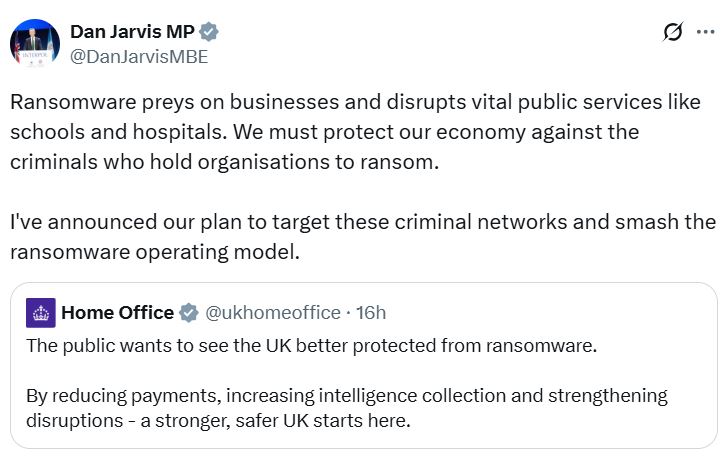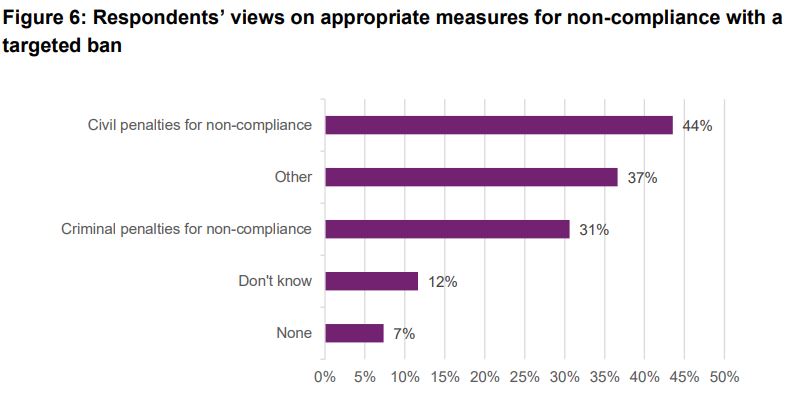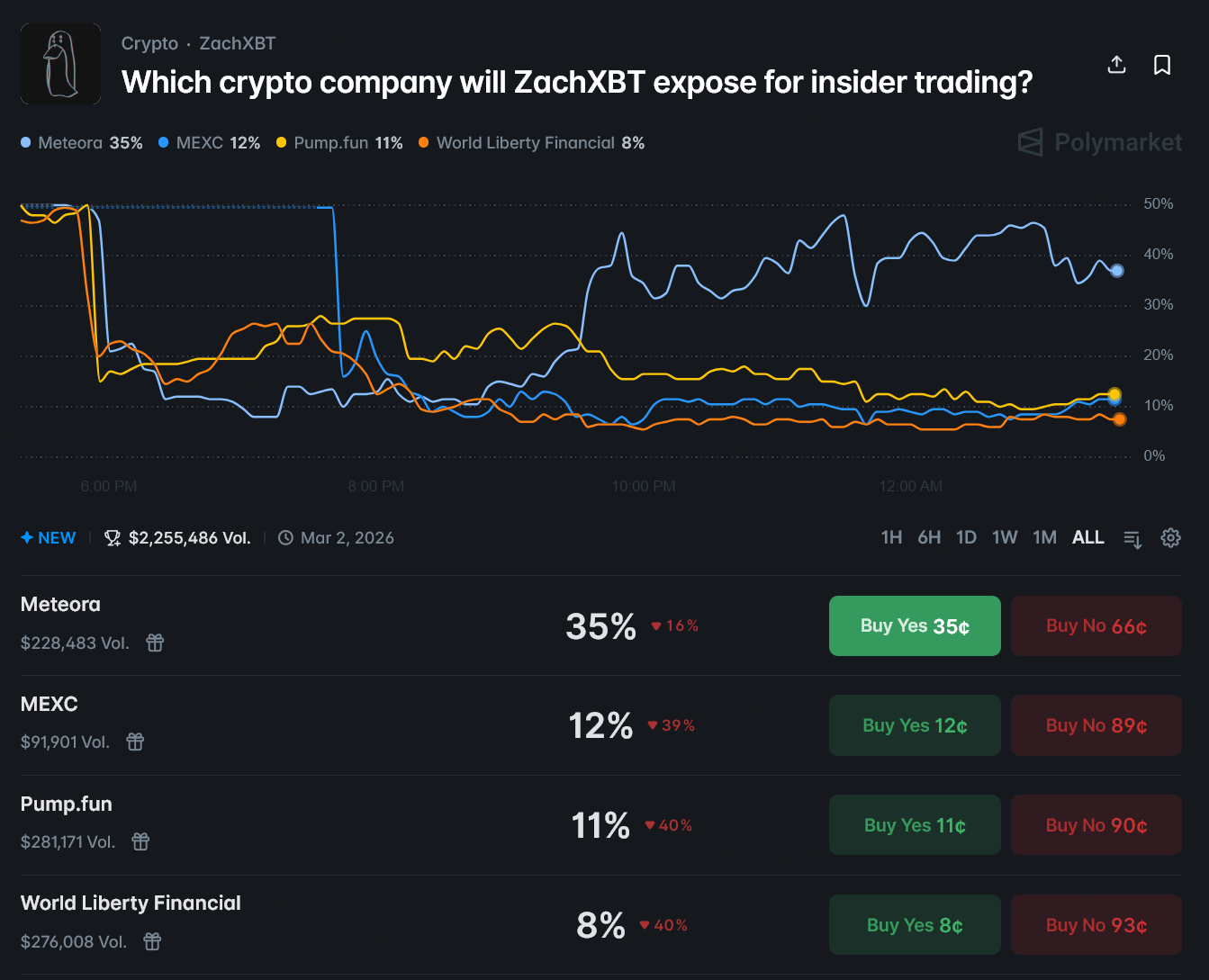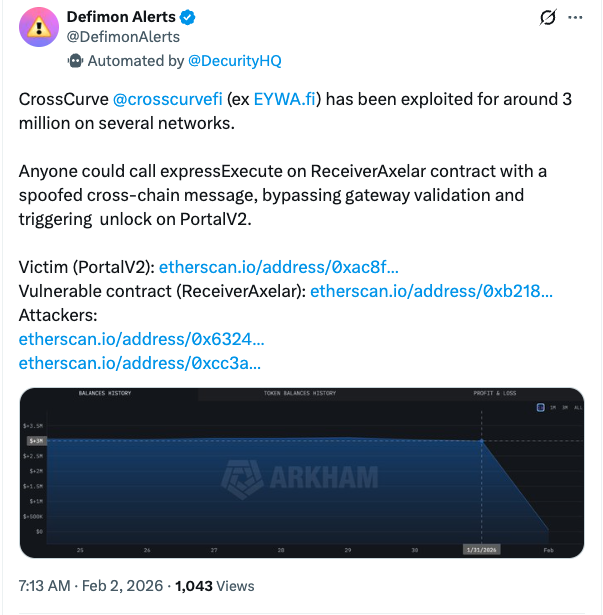The UK is drawing a line in the digital sand: paying ransomware demands is officially off the table for the public sector and guardians of critical national infrastructure. This bold move aims to cripple the ransomware economy, turning the UK into a fortress against cyber extortion by cutting off the financial lifeline that fuels these attacks. Expect a ripple effect, forcing attackers to seek softer targets and incentivizing stronger cybersecurity defenses across the board.
Ransomware attacks crippling hospitals, power grids, and local governments could soon face a major roadblock: a ban on ransom payments. Proposals unveiled Tuesday, following a public consultation, aim to outlaw paying off cybercriminals targeting essential services and infrastructure. This would extend the existing prohibition on government departments to encompass all public sector organizations and critical national infrastructure – from energy providers to healthcare and local councils – hitting ransomware gangs where it hurts most: their wallets.
Beyond the ban, the proposal introduces a preventative measure: mandating ransom reporting for unprotected victims and businesses, compelling them to disclose intentions to pay.
Imagine a ticking clock forcing victims to relive their trauma: within 72 hours, they must file a detailed report, and within 28 days, a comprehensive analysis for the government. This proposed mandatory reporting system hangs heavy, demanding immediate articulation of pain.
“We’re going after cybercriminals where it hurts: their bottom line,” declared UK Security Minister Dan Jarvis. “The Home Office is laser-focused on dismantling their lucrative business and safeguarding the essential services we all depend on. We’re forging a powerful alliance with industry, combining our strengths to push back the digital frontier and fortify our defenses.”

Source: Dan Jarvis
Imagine your digital life held hostage. Ransomware, a cyber extortionist, sneaks into your computer or network, locking everything down with unbreakable encryption. The price for freedom? A ransom, usually demanded in the anonymous depths of cryptocurrency, for the key to unlock your world.
Ransomware declined last year, with Chainalysis reporting in February that ransomware attacks decreased by 35% last year compared to 2023.
In June, CertiK said the bulk of crypto losses this year have been from wallet compromises and phishing attacks.
Most agree with ban, split on penalties
Between January and April, the UK Home Office sought public feedback on key proposals, receiving 273 responses. The consultation revealed a diverse range of voices: over half (57%) came from organizations, while individual perspectives comprised nearly 40% (39%). A small segment (4%) fell into an “other” category, adding further nuance to the discussion.
A compelling majority – almost 75% – champion the idea of targeted strikes against ransomware payments, while a dissenting chorus of just over one in five voices opposition. However, the battle lines blur when it comes to a preventative, economy-wide ban: support softens, with just under half seeing it as a viable strategy in the fight against digital extortion.
A decisive 63% championed the third proposal for threshold-based reporting, signaling a clear preference for change. The current voluntary system? It barely clung to support, favored by a mere 41% – a stark contrast highlighting a hunger for reform.
The idea of penalizing victims for violating protective measures sparked debate. While respondents generally agreed penalties were necessary, serious concerns arose: Should victims face criminal charges? Would civil penalties be a more appropriate response?

Respondents agreed penalties were necessary, but opinions were mixed on what kind. Source: UK Home Office
Faced with a public split on the right punishment, the Home Office remains at the drawing board, searching for a penalty that fits the crime.
UK flags ransomware as an immediate threat
Ransomware remains the UK’s public enemy number one in cyberspace. The National Cyber Security Centre’s latest annual review, released this December, confirms the digital extortion racket is still the “most immediate and disruptive threat” facing the nation.
Synnovis pathology labs faced a digital crisis in June 2024, as a ransomware attack ground elective surgeries and outpatient care to a halt. Months earlier, on October 28, 2023, the British Library’s digital realm was thrown into chaos by a cyberattack, crippling its online systems.
“A catastrophic cyberattack has crippled the British Library, ravaging its technological arteries and severing access for countless users,” declared Chief Executive Rebecca Lawrence on Tuesday. “We house one of humanity’s most precious repositories of knowledge, and this assault has struck at its very heart.”
US to cut funding for cyberattack disclosure rules, Australia enforces mandatory reporting
House Republicans are sharpening their knives for the SEC, aiming to slash its 2026 budget by 7% and kneecap its cybersecurity enforcement efforts. Their target? A rule demanding companies spill the beans on cyber breaches within a mere four days, a measure designed to keep investors in the know, but one Republicans now seek to defund.
Australia’s fight against cybercrime just got a shot in the arm. Businesses and critical infrastructure operators Down Under are now legally obligated to report ransomware demands, thanks to new legislation that went live in May. If your organization turns over more than AUD 3 million annually, that includes you.
A cyberattack crippled consumer lender Latitude Financial, sparking debate about outlawing ransomware payments nationwide. The proposal, however, was ultimately shelved, leaving the country vulnerable to future digital extortion.
Thanks for reading UK to ban public sector from making ransomware payments


